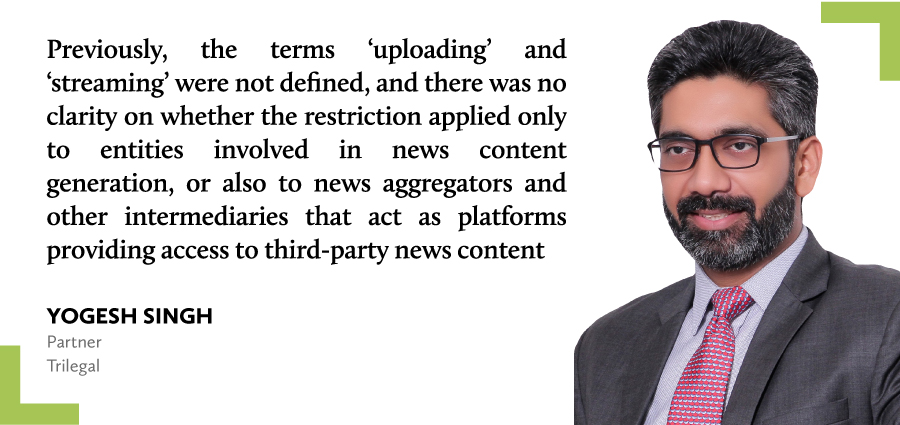The government’s plan to cap foreign investment in digital media aims to control the influence of online news, and curb fake news, but the legislation leaves a lot of questions unanswered despite a clarification in October 2020. Freny Patel reports
India’s recently imposed restriction on foreign investment in digital media saw its first victim as American online news website HuffPost pulled the plug on its Indian arm last month. HuffPost India editor-in-chief Aman Sethi announced the closure of the website in a tweet on 24 November: “Today is HuffPost India’s last day”.
The government, in September 2019, issued Press Note 4 (PN4), introducing a 26% foreign direct investment (FDI) limit for companies engaged in uploading and streaming of news and current affairs through digital media platforms. Any foreign investment can be made only with government approval.
The decision to shut HuffPost India came following a so called “clarification”, issued on 16 October by the Department for Promotion of Industry and Internal Trade (DPIIT), which gave HuffPost India’s parent, Verizon, until October 2021 to dilute its shareholding to 26%. Instead of resolving doubts and confusion, PN4 has raised queries and concerns over its implementation, and calls for further clarity, as it could mean the loss of jobs not only for journalists but also their support staff.
Unlike print media, FDI in digital media was unregulated until September 2019, when the government issued PN4. It failed, however, to define the term “digital media”, or identify the timeline or grace period within which digital news plat- forms had to restructure the shareholding under the prescribed FDI levels. Quite a few digital media sites have foreign investment above the 26% threshold.
Yogesh Singh, a Gurgaon-based partner and co-head of corporate practice at Trilegal, says that the clarification has expanded the scope of the restriction to entities that originally may not have been covered under PN4.
“Previously, the terms ‘uploading’ and ‘streaming’ were not defined, and there was no clarity on whether the restriction applied only to entities involved in news content generation, or also to news aggregators and other intermediaries that act as platforms providing access to third-party news content,” says Singh.

You must be a
subscribersubscribersubscribersubscriber
to read this content, please
subscribesubscribesubscribesubscribe
today.
For group subscribers, please click here to access.
Interested in group subscription? Please contact us.























